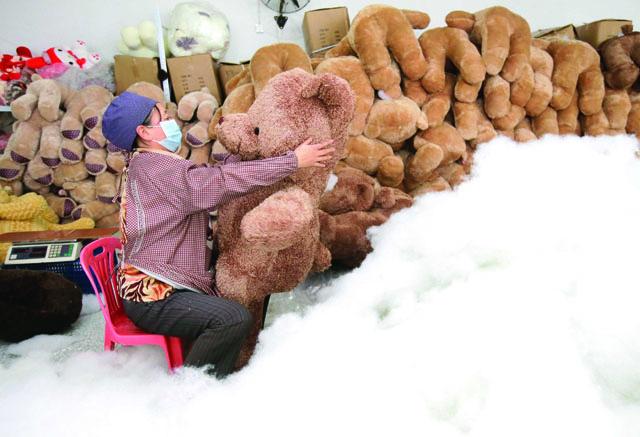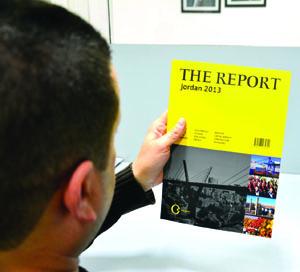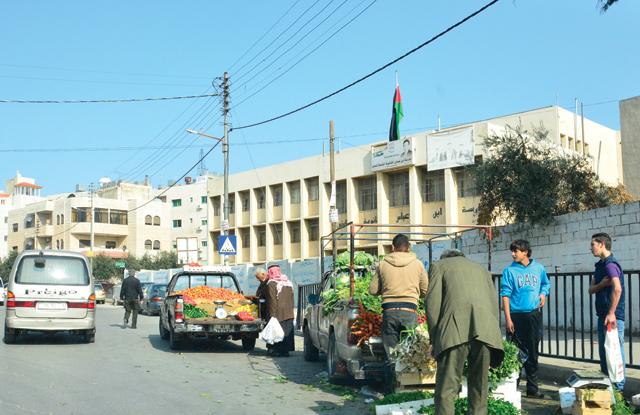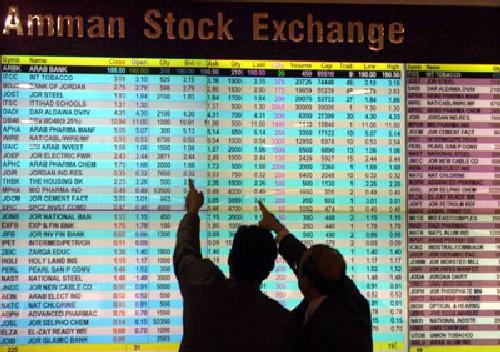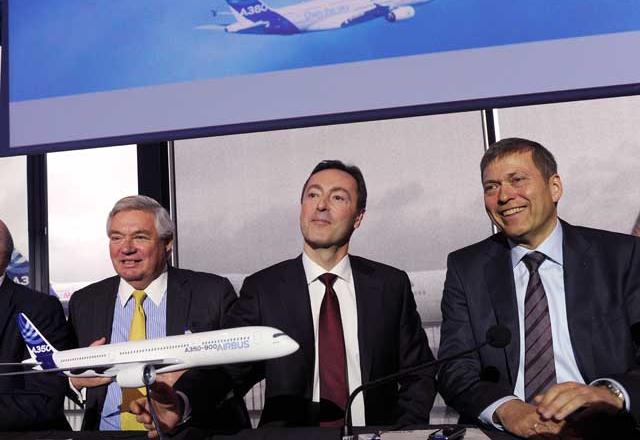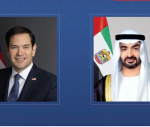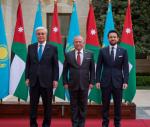TOULOUSE, France — European aircraft maker Airbus beat US rival Boeing with record sales and orders last year but came second in terms of finished airliners delivered, figures from the company showed on Monday.
Airbus said that in 2013 it took 1,503 net orders, allowing for cancellations. This compares with 1,355 orders taken by Boeing. Total orders taken by Airbus is a record for the whole industry.
Airbus also said that at the end of last year it had record orders to build 5,559 aircraft, equivalent to eight years of production. Results published by Boeing on January 6 showed that the US firm had a total order book for 5,080 aircraft.
However, last year Airbus delivered 626 planes, trailing behind Boeing which delivered 648 aircraft.
In 2012, Boeing had beaten Airbus in terms of orders and deliveries.
For 2014, Airbus aims to sell more than the minimum 623 aircraft it plans to deliver.
Airbus Chief Executive Officer Fabrice Bregier said the manufacturer has no expectations of repeating 2013’s bumper year of orders.
Airbus’ parent company Airbus Group, formerly known as EADS, publishes its annual results on February 26 that will include detailed sales and profit information.
At catalogue prices, the 2013 orders were worth a record $240 billion (176 billion euros), but airlines often receive considerable discounts.
Airbus increased its catalogue prices for aircraft by 2.6 per cent as of January 1.
Ramping up A320
Bregier said the company was considering increasing production of its best-selling plane, the Airbus A320 which is popular with low-cost airlines, to satisfy global demand for medium-range aircraft.
“If the market remains positive, if the customer needs more aircraft, I think we would be silly not to ramp up again,” he told journalists.
Airbus is producing 42 A320 aircraft per month and had previously said that it did not want to increase this rate of production until it had converted to producing the latest, more fuel-efficient version, the A320neo.
The first A320neo is due to be delivered in 2015.
With the passenger air traffic growing by 5 per cent per year and greater fuel economy promised by the A320neo and new versions of Boeing aircraft, there has been strong demand from airlines to update their fleets.
“We believe there is a potential to go higher than [the] rate 42. There is an upside and we are studying it. Some upside that we will confirm in the coming months,” Bregier said.
“I would like to ramp up but be in a position to remain steady,” he added. After 2018, “when we have moved to the neo aircraft, we know that we will ramp up again, whatever we do now or not, we know that we will ramp up again”.
A source told AFP that Airbus is looking at increasing output to 44 aircraft per month by the end of this year and to 46 by 2016.
Airbus won orders for 377 A320 planes last year and has taken more than 1,000 orders since it announced at the end of 2010 the launch of the A320neo.
Boeing plans to increase the rate of production of its 737, the competitor to the A320, from 42 per month currently to 47 in 2017, an unprecedented tempo.
Airbus chief operating officer-customers, John Leahy, said the company was also considering offering more fuel-efficient engines for its best-selling long-range aircraft, the A330, as a number of airlines, including low-cost airline Air Asia, has recently urged.
Bregier said no new engines were currently being offered to clients, and even without them updates being made to the plane would keep it competitive.
The company has two variations of the aircraft in development.
One, to be delivered from 2015, will be able to carry more fuel to give it longer range, and has already been ordered by US airline Delta.
The second, a regional version aimed at the Chinese and Indian markets, reduces the range but increases the seats to 400. Airbus says this A330 should cost the same as a medium-range aircraft but have twice the number of seats.
Bregier says new engines were heavier than current models and cost more to maintain, so they were not completely advantageous.


